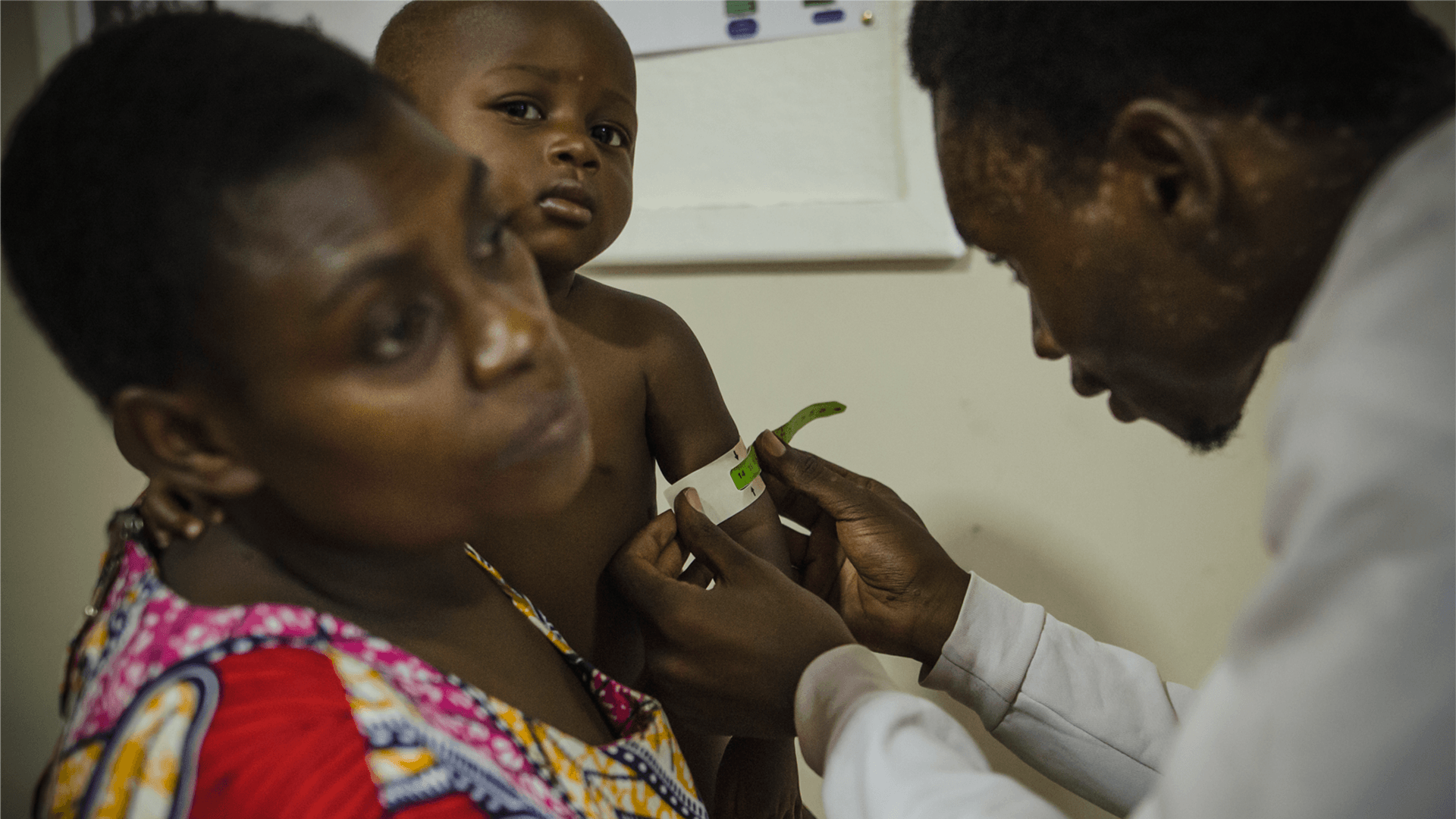Child malnutrition and the impact of COVID-19: DREAM’s commitment
Since its inception in 2002, DREAM Sant’Egidio has been a programme to fight HIV/AIDS and malnutrition at the same time.
Today, for the first time without distinction, the COVID-19 pandemic has confronted every nation, every population and every government with the immediate need to address the same health emergency as a top priority, initially focusing all efforts, political, social and economic on this objective.
A worrying fact emerges from the joint malnutrition estimates of the Food and Agriculture Organisation (FAO), the International Fund for Agricultural Development (IFAD), the United Nations Children’s Fund (UNICEF), the World Food Programme (WFP) and the World Health Organisation (WHO) published here: in 2020, there was a dramatic worsening of the world’s hunger situation due largely to the fallout from the Covid-19 pandemic.
The State of Food Security and Nutrition in the World 2021 (SOFI), summarises the first global assessment of food insecurity and malnutrition for 2020 and offers some indications of what hunger and malnutrition will look like by 2030.
Nearly a tenth of the world’s population – up to 811 million people – were hungry in 2020. After remaining virtually unchanged for five years, world hunger increased last year.
The report indicates that progress has been made on some forms of malnutrition, but the world is not on track to meet any global nutrition targets by 2030.
Over the past year, COVID-19 and the unprecedented measures to contain it have exposed and intensified the vulnerabilities and inadequacies of global food systems.
Being malnourished amplifies the effect of any disease, including HIV, to the extent that there is an overlap between regions affected by HIV and those affected by malnutrition. This coincidence is most evident in sub-Saharan Africa, where nutrition deficiency and food insecurity are a daily reality. HIV/AIDS and the food crisis combine to form a vicious circle: malnutrition lowers immune defences and increases the risk and severity of infections. It is clear that good nutrition does not cure HIV/AIDS, but it is an essential therapeutic aid and complementary to antiretroviral therapies.
In these 20 years of activity, DREAM has spent a lot of energy fighting child malnutrition. The combination of food and therapy has given extraordinary results and saved the lives of many people.
All this gives us the strength to continue on this path: we have no intention of turning off the spotlight on this reality, on the contrary, we are more motivated than ever, aware that our commitment is of fundamental importance in the countries where we operate, especially in this time of pandemic crisis.
